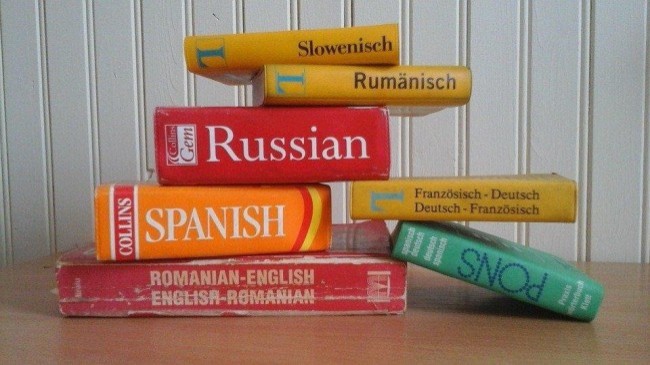
Although they would be extremely helpful, there are no hacks or tricks for learning a new language. It requires a lot of hard work on your part. You will have to take part in many things and pick up a few habits before mastering any new language. Luckily, many professionals share their advice on successfully maneuvering their way through this challenging task. Here are some tips for how you can learn any new exciting language.
Begin With the 100 Popular Words
One of the best learning methods is to start by learning a hundred words first. Ask around or look up what the most basic terms of your preferred language are. These should not be limited to a particular topic, like mechanical equipment or kitchen utensils. After you make a list, start by constructing basic sentences. It is important that you feel comfortable while using these words.
Once you have mastered the basic 100, move to the next 100. Eventually, reach a thousand and stop there for a while. You will have to keep using that vocabulary in sentences and find relevancy in each conversation. If you have a friend who is learning as well, it will be more helpful.
Remember: practice makes it perfect.
Conversation Is Essential
The fundamental of learning a new language is to talk more often. You should try talking to peers who have a much more in-depth knowledge of the language. No matter how useful your study guide or audiobook is, communicating with a live person sitting in front of you is far more interesting. Especially if you know them personally. You can try to use the words you learned in general conversation, and your partner should be able to guide on the pronunciation and grammatical use of each term.
Intensity Outdoes Length of Study
If you are serious about learning a new language, then try taking longer classes. Studying for three to four hours at least five days a week for a month will be more beneficial than taking a one hour class three times a week for four months.
The reason is that learning a new language requires constant repetitions. You will need to practice continually, or else it won't stick. This is the reason why many students who take language classes during middle or high school end up failing when they don't put in hours and hours after school.
Try Language Exchange Programs
There are plenty of study programs around, but none of them might have a good impact on your learning. Most of them offer group classes that move at the pace of the slowest student. A language exchange program will assign a partner who is fluent in the language you want to learn. While your partner wants to learn the language you are fluent in. It can be easily done online or in person, depending on your requirements. By talking to other people, while they point out your mistakes and help, you will be able to catch on quickly. Check out this language exchange in London.








